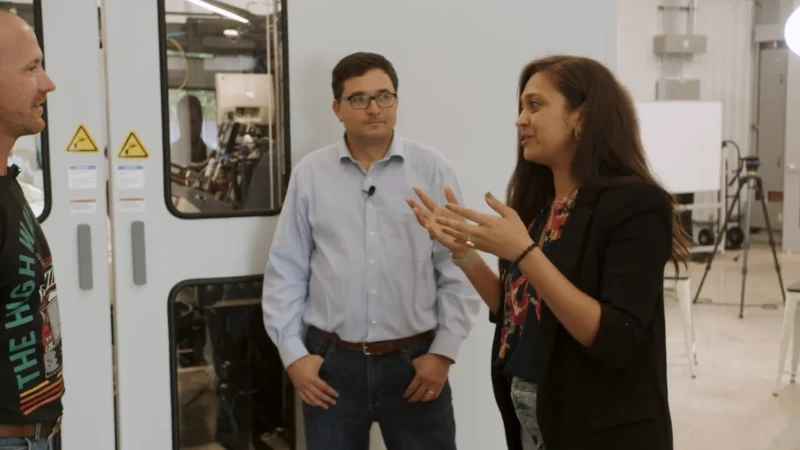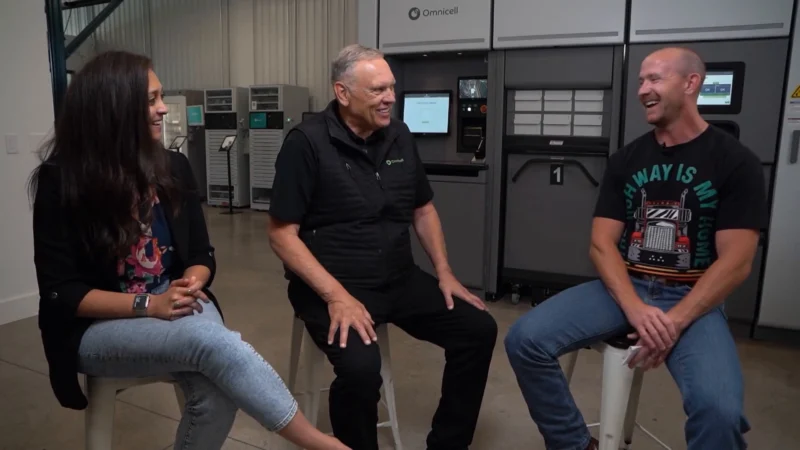Sustainability in Healthcare: Why and How
As the health sector grapples with evolving challenges, sustainability in healthcare emerges as a critical focal point. The healthcare industry faces increasing pressure to adapt amid global conflicts, inflation, and rising environmental concerns. According to The Commonwealth Fund, healthcare contributes 8.5% of the U.S. carbon footprint. With this backdrop, healthcare organizations must explore ways to implement sustainable practices. But how can they effectively balance sustainability with budget constraints and operational efficiency?
In this episode of Highway to Health, host David Kemp sits down with Jim Donovan, the CEO of ADEC Innovations, to discuss sustainability in healthcare. They explore near- and long-term strategies for integrating environmental, social, and governance (ESG) principles into healthcare operations, offering insights on how healthcare leaders can navigate compliance and regulatory changes.
Key Points:
- Sustainability efforts in healthcare should begin with a gap analysis to assess current practices.
- Investing in sustainable infrastructure, such as green hospitals and renewable energy, is crucial for long-term success.
- Data management is vital for understanding environmental impact and making evidence-based decisions.
With over 27 years of leadership experience, Jim Donovan is a sustainability and global operations visionary. Under his leadership, ADEC Innovations has grown into a multinational organization that champions ESG initiatives across healthcare, finance, and supply chain sectors. Donovan’s military background instilled a focus on teamwork and perseverance, which have driven ADEC’s expansion and innovative sustainability solutions.
Article by MarketScale




